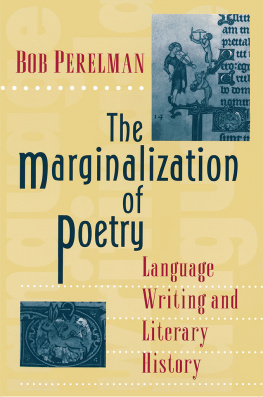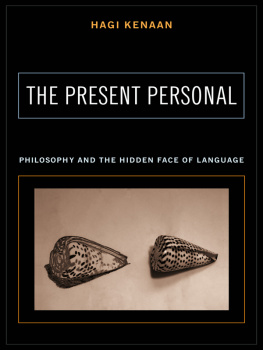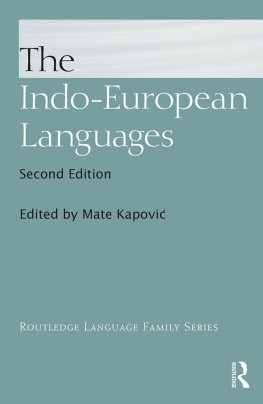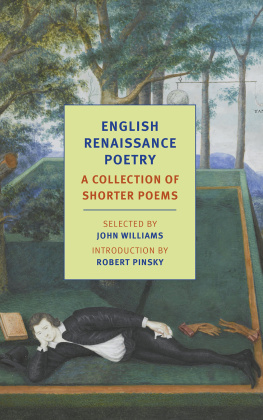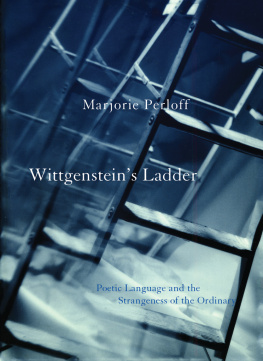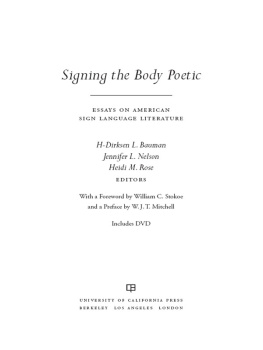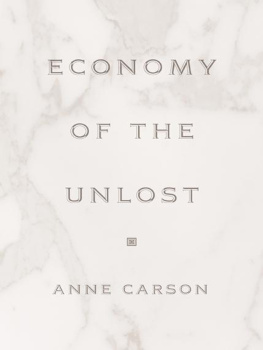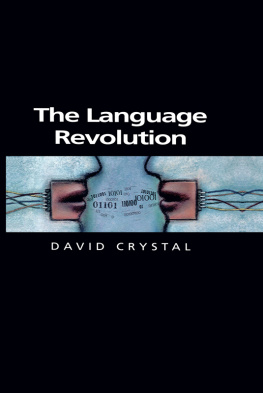Paul Friedrich - The Language Parallax: Linguistic Relativism and Poetic Indeterminacy
Here you can read online Paul Friedrich - The Language Parallax: Linguistic Relativism and Poetic Indeterminacy full text of the book (entire story) in english for free. Download pdf and epub, get meaning, cover and reviews about this ebook. year: 1986, publisher: University of Texas Press, genre: Home and family. Description of the work, (preface) as well as reviews are available. Best literature library LitArk.com created for fans of good reading and offers a wide selection of genres:
Romance novel
Science fiction
Adventure
Detective
Science
History
Home and family
Prose
Art
Politics
Computer
Non-fiction
Religion
Business
Children
Humor
Choose a favorite category and find really read worthwhile books. Enjoy immersion in the world of imagination, feel the emotions of the characters or learn something new for yourself, make an fascinating discovery.

- Book:The Language Parallax: Linguistic Relativism and Poetic Indeterminacy
- Author:
- Publisher:University of Texas Press
- Genre:
- Year:1986
- Rating:5 / 5
- Favourites:Add to favourites
- Your mark:
The Language Parallax: Linguistic Relativism and Poetic Indeterminacy: summary, description and annotation
We offer to read an annotation, description, summary or preface (depends on what the author of the book "The Language Parallax: Linguistic Relativism and Poetic Indeterminacy" wrote himself). If you haven't found the necessary information about the book — write in the comments, we will try to find it.
Humankind has always been fascinated and troubled by the way languages and dialects differ. Linguistically based differences in point of view have preoccupied many original minds of the past, such as Kant, and remain at the forefront of language study: in philosophy, anthropology, literary criticism, and other fields.
Paul Friedrichs The Language Parallax argues persuasively that the locus and focus of differences among languages lies not so much in practical or rational aspects as in the complexity and richness of more poetic dimensionsin the nuances of words, or the style and voice of an author. This poetic reformulation of what has been called linguistic relativism is grounded in the authors theory of the imagination as a main source of poetic indeterminacy. The reformulation is also based on the intimate relation of the concentrated language of poetry to the potential or possibilities for poetry in ordinary conversation, dreams, and other experiences. The author presents challenging thoughts on the order and system of language in their dynamic relation to indeterminacy and, ultimately, disorder and chaos.
Drawing on his considerable fieldwork in anthropology and linguistics, Friedrich interweaves distinct and provocative elements: the poetry of language difference, the indeterminacy in dialects and poetic forms, the discovery of underlying orders, the workings of different languages, the strength of his own poetry. The result is an innovative and organic whole.
The Language Parallax, then, is a highly original work with a single bold thesis. It draws on research and writing that has involved, in particular, English, Russian, and the Tarascan language of Mexico, as well as the personal and literary study of the respective cultures. Anthropologist, linguist, and poet, Friedrich synthesizes from his experience in order to interrelate language variation and structure, the creative individual, ideas of system-in-process, and questions of scientific and aesthetic truth. The result is a new view of language held to the light of its potentially creative nature.
Paul Friedrich: author's other books
Who wrote The Language Parallax: Linguistic Relativism and Poetic Indeterminacy? Find out the surname, the name of the author of the book and a list of all author's works by series.

